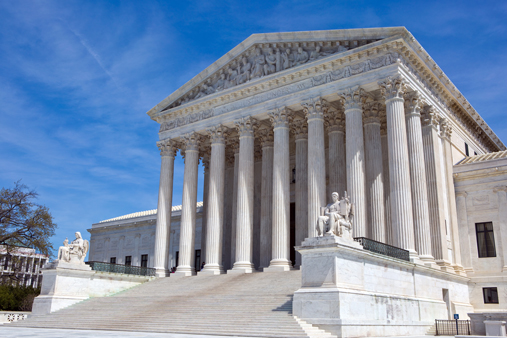On July 19, Illinois Governor Pat Quinn approved the Job Opportunities for Qualified Applicants Act, which prohibits private employers with fifteen or more employees and employment agencies from inquiring about or into, considering, or requiring disclosure of an applicant’s criminal history, until an applicant: (1) has been determined to be qualified for the applied-for position and has been notified that he or she has been selected for an interview, or (2) has been given a conditional job offer. The law will go into effect on January 1, 2015.
The Act “bans the box” by preventing employers from screening applicants based on criminal history prior to the interview or conditional offer stage of the application process. It does not, however, prohibit inquiry into or consideration of such history at these later stages. Employers are cautioned to note, however, that the Illinois Human Rights Act prohibits use of the fact of an arrest or expunged criminal history record information in making employment decisions, including hiring. Further, the Equal Employment Opportunity Commission (EEOC) has focused on the consideration of criminal history in employment decisions in recent years. The EEOC’s 2012 Enforcement Guidance on the Consideration of Arrest and Conviction Records in Employment Decisions should be heeded by employers using or considering the use of conviction records in making employment decisions.
The Act does not apply to positions where: (1) the employer is required by federal or state laws to exclude applicants with certain criminal convictions; (2) a standard fidelity bond or an equivalent bond is required and a specific conviction would disqualify the applicant from obtaining such a bond, in which case questions related to those convictions are permitted; and (3) the employer employs individuals licensed under the Emergency Medical Services Systems Act.
Employers are permitted under the law to provide applicants advance notice about specific offenses that would disqualify an applicant due to employer policy or under state or federal law.
The Illinois Department of Labor is empowered to investigate violations and impose civil penalties for violations of the Act. Multiple violations and failures to remedy violations can lead to heightened or additional penalties.
Illinois joins an increasing number of states with some form of “ban the box” or “fair chance” policies to help citizens with criminal histories find employment. According to an April 2014 report by the National Employment Law Project, four other states have similar laws covering private employers. More than a dozen other states and many cities and counties have passed or are considering similar measures.
Illinois employers are encouraged to review their hiring policies and written applications to ensure compliance with the new law before January 1, 2015.
For more information, please contact the Barnes & Thornburg Labor and Employment attorney with whom you work, or a leader of the firm’s Labor and Employment Department in the following offices:
Kenneth J. Yerkes
Department Chair
(317) 231-7513
John T.L. Koenig
Atlanta
(404) 264-4018
David B. Ritter
Chicago
(312) 214-4862
William A. Nolan
Columbus
(614) 628-1401
Mark S. Kittaka
Fort Wayne
(260) 425-4616
Robert W. Sikkel
Grand Rapids
(616) 742-3978
Peter A. Morse
Indianapolis
(317) 231-7794
Scott J. Witlin
Los Angeles
(310) 284-3777
Teresa L. Jakubowski
Washington, D.C.
(202) 371-6366
Janilyn Brouwer Daub
South Bend
(574) 237-1139
Visit us online at www.btlaw.com or @BTLawLE, and don’t forget to bookmark our blogs at www.btlaborelations.com and www.btcurrents.com.
© 2014 Barnes & Thornburg LLP. All Rights Reserved. This page, and all information on it, is proprietary and the property of Barnes & Thornburg LLP. It may not be reproduced, in any form, without the express written consent of Barnes & Thornburg LLP.
This Barnes & Thornburg LLP publication should not be construed as legal advice or legal opinion on any specific facts or circumstances. The contents are intended for general informational purposes only, and you are urged to consult your own lawyer on any specific legal questions you may have concerning your situation.


















/Passle/6488d4630e7e25c9ac9f834a/MediaLibrary/Images/2024-07-18-19-15-33-047-669969d52008239f764a11af.png)


/Passle/6488d4630e7e25c9ac9f834a/SearchServiceImages/2024-07-17-15-17-44-967-6697e0980752df56d2441ada.jpg)
